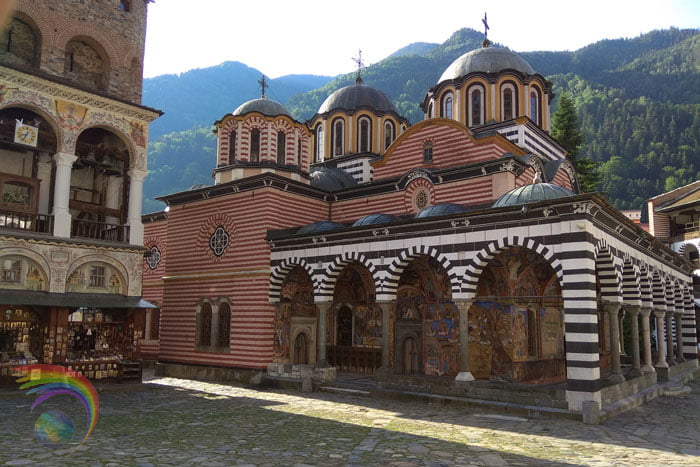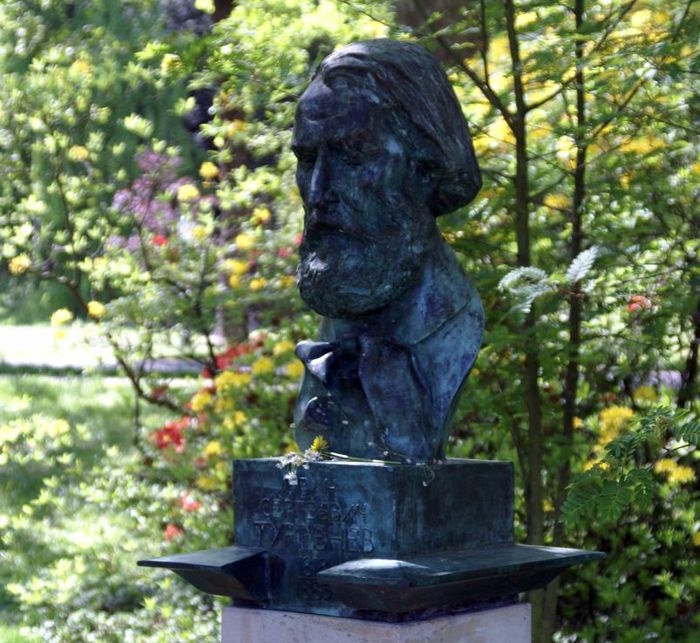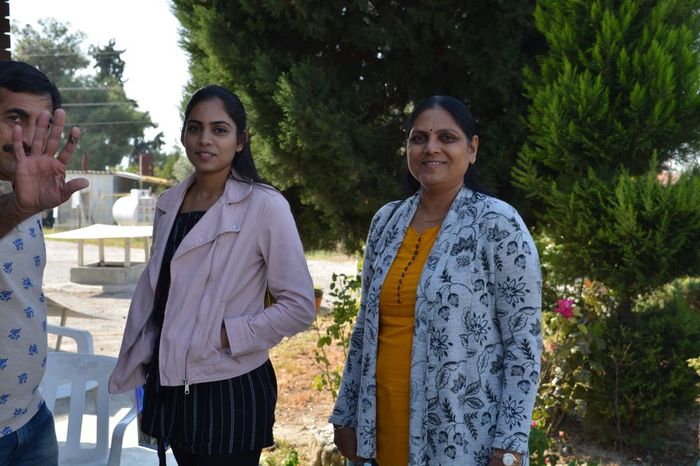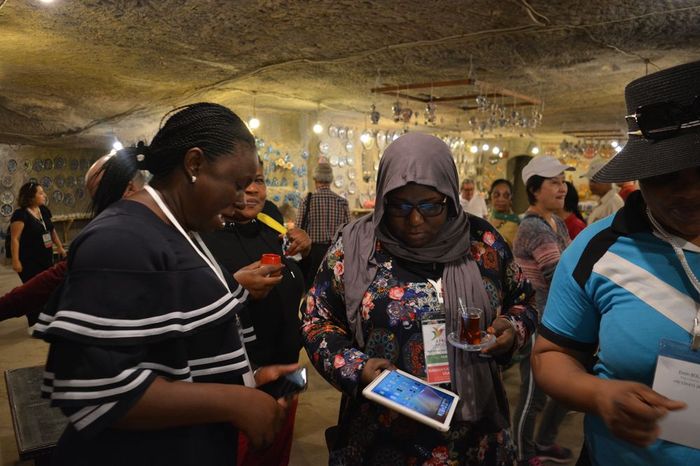In this way he got much money for the Emperor and more, quietly, for himself; and the custom he started continues to this day, the treasurer being admittedly the sole silk merchant and controller of this trade.
The former dealers in silk in Constantinople and every other city, by sea and by land, were naturally heavily damaged. Almost the whole populace in the cities mentioned were suddenly made beggars.
Artisans and mechanics were forced to struggle against famine, and many consequently left the country and fled to Persia. Only the imperial treasurer could transact this business, giving a share of the profits aforesaid to the Emperor, and himself taking most of them, fattening on the public calamity. And so much for that.
26. How he spoiled the beauty of the cities and plundered the poor
How he ruined the beauty and appearance of Constantinople and every other city, we shall now see.
First he determined to debase the standing of the lawyers. He deprived them of all court fees, by which they had formerly lived in comfort and elegance; and in consequence they lost caste and significance.
And after he had confiscated the estates of the Senators and other prosperous people, as has been related, in Constantinople and all over the Roman Empire, there was little use for lawyers anyway; men no longer had anything worth mentioning to go to court about. So of all the many noted advocates, only a few were left; and they were despised and reduced to penury, reaping nothing but insult from their work.
Furthermore, he caused physicians and teachers of the liberal arts to be deprived of the necessities of life. For he stopped all their living subsidies, which former emperors had paid men of these professions from the public treasury.
Also all of the taxes which the municipalities had devoted to public use or entertainments, he transferred arbitrarily to the imperial treasury. No consideration was now given to any physician or teacher; no one dared pay any attention to public buildings; there were no public lights in any city, nor any entertainments for the citizens. For the theaters, hippodromes, and circuses, in which his wife had been born, bred and educated, were all discontinued.
Later he even stopped the public spectacles in Constantinople, to avoid spending the usual State money on them, by which an almost incalculable number of people had got their livelihood. On these, individually and collectively, ruin and desuetude descended, and as if some cataclysm had fallen on them from Heaven, their happiness was slain. And no other subject was spoken of among men, at home or in public or in the churches, than their calamities, their sufferings, and their overwhelming by the latest misfortune. Such was the state of affairs in the cities.
Read More about The Secret History part 61








